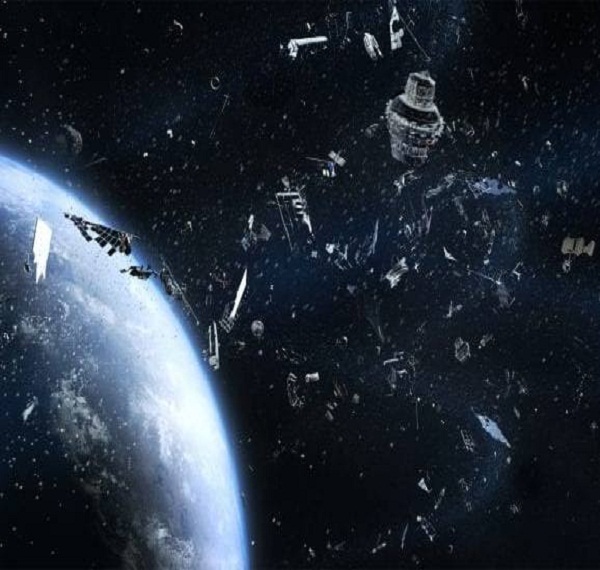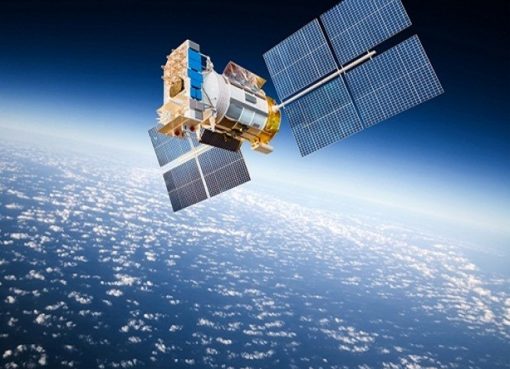The first space mission to remove an item of debris from orbit, ClearSpace-1, will be planned for launch in 2025.
The operation is being secured as a service contract with a start-up-led commercial consortium, to help establish a new market for in-orbit servicing, as well as debris removal.
“This is the right time for such a mission,” says Luc Piguet, founder and CEO of ClearSpace. “The space debris issue is more pressing than ever before. Today we have nearly 2000 live satellites in space and more than 3000 failed ones.
A consortium led by Swiss startup ClearSpace, a spin-off company established by an experienced team of space debris researchers based at Ecole Polytechnique Fédérale de Lausanne (EPFL) research institute – will be invited to submit their final proposal, before starting the project next March.
Piguet continued: “And in the coming years the number of satellites will increase by an order of magnitude, with multiple mega-constellations made up of hundreds or even thousands of satellites planned for low Earth orbit to deliver wide-coverage, low-latency telecommunications and monitoring services. The need is clear for a ‘tow truck’ to remove failed satellites from this highly trafficked region.”
At Space19+, ESA’s Ministerial Council, located in Seville, Spain, at the end of November, ministers agreed to place a service contract with a commercial provider for the safe removal of an inactive ESA-owned object from low-Earth orbit.
“Imagine how dangerous sailing the high seas would be if all the ships ever lost in history were still drifting on top of the water,” says ESA Director General Jan Wörner.
“That is the current situation in orbit, and it cannot be allowed to continue. ESA’s Member States have given their strong support to this new mission, which also points the way forward to essential new commercial services in the future.”
“Even if all space launches were halted tomorrow, projections show that the overall orbital debris population will continue to grow, as collisions between items generate fresh debris in a cascade effect,” says Luisa Innocenti, heading ESA’s Clean Space initiative. “We need to develop technologies to avoid creating new debris and removing the debris already up there.”
Source: scitecheuropa










